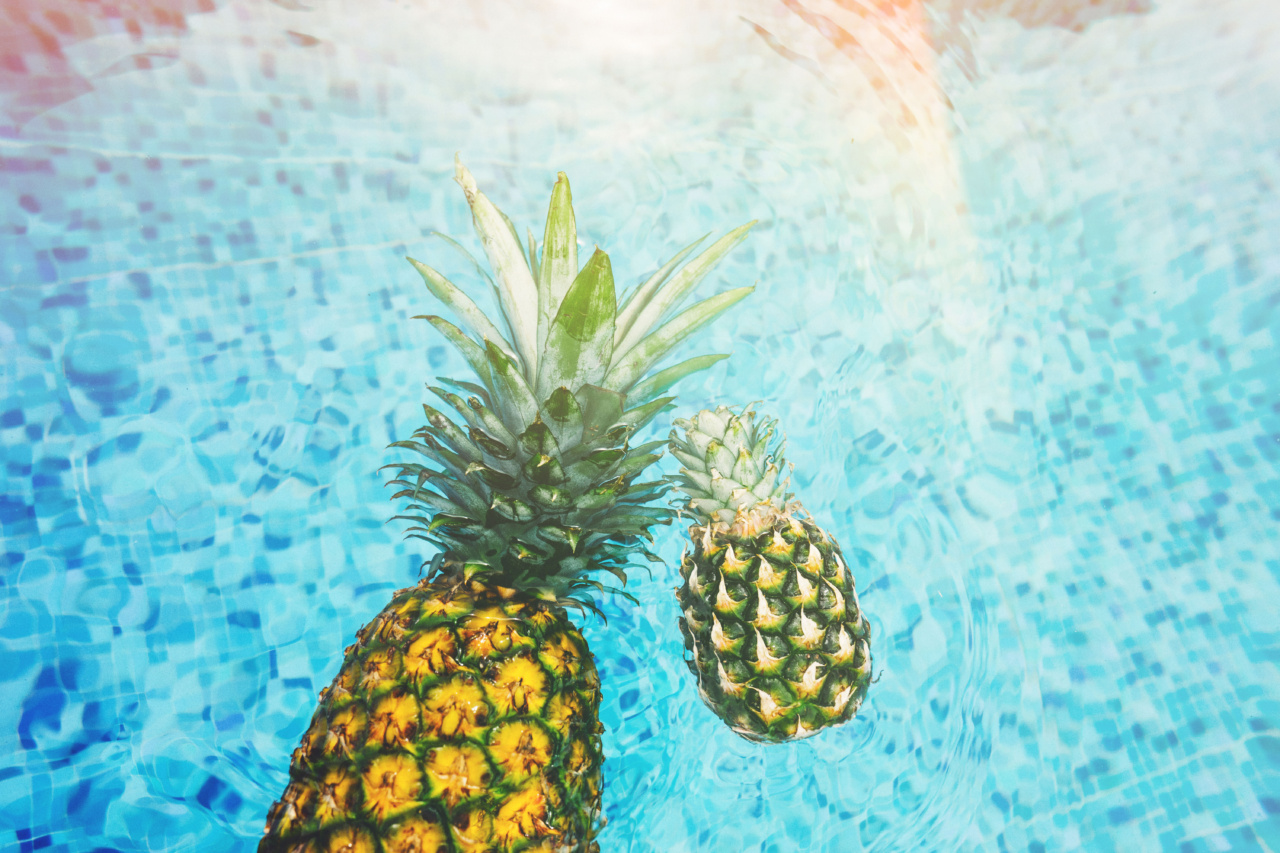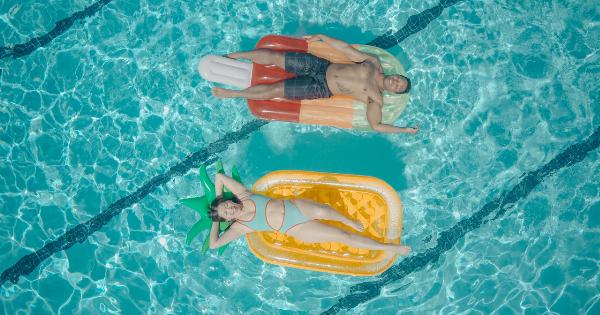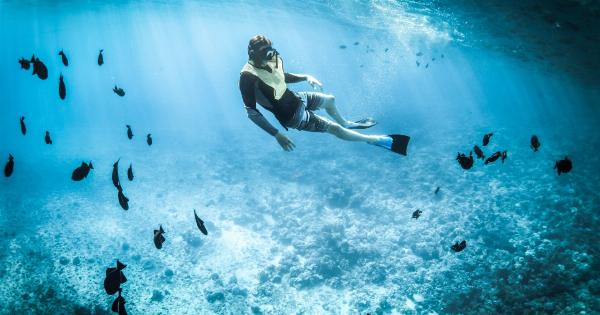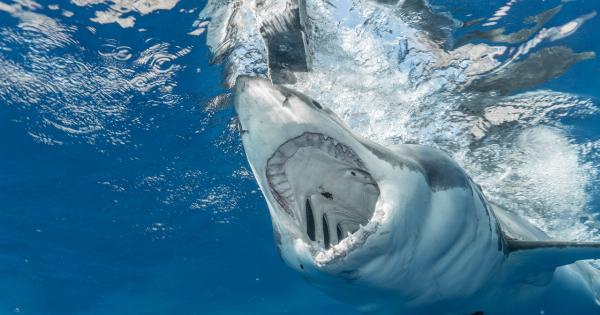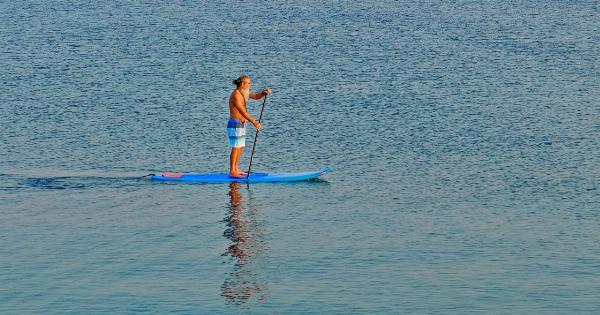Swimming is an excellent activity that offers numerous physical and mental health benefits. It not only provides a full-body workout but also helps relieve stress and improve cardiovascular fitness.
To fuel the body for optimal performance during swimming sessions, nutrition plays a crucial role. However, there have been various guidelines and recommendations regarding the ideal time gap between eating and swimming. One common rule that often gets mentioned is the three-hour food rule before swimming.
But is this rule legit? Let’s delve deeper to understand the implications of eating before hitting the pool.
The Three-Hour Food Rule Explained
The three-hour food rule suggests that individuals should wait for at least three hours after a meal before swimming. The rationale behind this rule is to prevent potential discomfort, such as cramps or indigestion, during swimming.
It is believed that allowing a significant gap between eating and swimming helps aid digestion, reducing the risk of any adverse effects and ensuring a smoother experience in the water.
Potential Risks of Eating Before Swimming
While the three-hour food rule before swimming is often cited as a safety measure, the risks associated with eating before swimming are not well-founded.
In fact, there is limited scientific evidence supporting the notion that consuming food immediately before swimming leads to negative consequences or impairs performance. However, it is essential to consider individual differences and personal experiences when assessing the impact of eating before swimming.
One potential risk of eating too close to a swimming session is experiencing discomfort or indigestion, which can be distracting and affect overall performance.
Certain foods, especially those high in fat and fiber, may take longer to digest and can potentially cause stomach issues during physical activity. It is recommended to avoid heavy or greasy meals before swimming to minimize the likelihood of encountering any discomfort.
Additionally, if your meal contains high levels of sugar or caffeine, it may lead to a sudden energy spike followed by a crash, affecting your stamina and endurance in the water.
It is important to be mindful of the foods you consume before swimming, opting for balanced meals that provide sustained energy without causing any digestive disturbances.
Benefits of Fueling Before Swimming
Contrary to the conventional three-hour food rule, there are certain benefits to consuming a light, balanced meal before swimming. Fueling the body adequately before hitting the pool ensures a sufficient supply of energy to support physical exertion.
Consuming a pre-swim snack or meal helps avoid potential fatigue and allows you to maintain stamina throughout the swim session.
Swimming is a demanding activity that requires the coordination of various muscle groups, and appropriate nutrition plays a significant role in optimizing performance.
By consuming a pre-swim meal, you can enhance your endurance, power, and speed in the water. The right combination of carbohydrates, proteins, and healthy fats can provide essential nutrients and promote muscle recovery and growth.
Moreover, swimming sessions often span over extended periods, especially for athletes or individuals participating in competitive swimming.
In such cases, eating before swimming becomes even more critical, as the body needs continuous fuel to sustain the activity effectively. Being adequately nourished helps minimize the risk of muscle breakdown and enhances overall performance.
Alternative Recommendations for Optimal Swimming Experience
While the three-hour food rule has been a common practice, it is important to remember that individual responses to food and exercise can vary.
Instead of strictly following a particular time frame, it is more beneficial to consider these alternative recommendations for optimal swimming experience:.
- Listen to Your Body: Pay attention to how your body responds to eating before swimming. If you experience discomfort or find it hinders your performance, you may need to adjust the timing or composition of your pre-swim meal.
- Consider Meal Composition: Opt for a light, balanced meal that includes a mix of carbohydrates, proteins, and healthy fats. Avoid consuming excessively fatty or high-fiber foods right before swimming to minimize the risk of digestive issues.
- Allow Ample Digestion Time: Though the three-hour rule is not universally necessary, allowing ample time for digestion is generally beneficial. Depending on your digestion speed, aim for at least one to two hours between your meal and swimming session.
- Stay Hydrated: Ensure you are adequately hydrated before swimming. Hydration is vital for optimal performance and helps prevent muscle cramps during your swim. Drink water regularly leading up to your swim session.
- Consider Pre-Swim Snacks: If three hours seem impractical for your schedule, you can opt for a pre-swim snack that is light and provides quick energy. This may include fruits, yogurt, or a small handful of nuts.
- Post-Swim Recovery: After your swimming session, prioritize post-workout nutrition to aid muscle recovery. Consuming a balanced meal or snack within an hour of swimming can help replenish energy stores and facilitate muscle repair.
- Personal Experimentation: Remember that everyone’s body is unique. It can be helpful to experiment with different meal timings and compositions to determine what works best for you. Observe your energy levels, comfort, and overall performance during and after swimming to find the right approach.
In Conclusion
The three-hour food rule before swimming is a guideline that aims to minimize the risk of discomfort and digestive issues.
While there may be certain risks associated with eating immediately before swimming, the idea that it universally impairs performance is not well-founded. Factors like personal digestion speed, meal composition, and individual responses need to be considered.
It is crucial to listen to your body and make informed choices based on your own experiences. Experimentation with different meal timings and compositions is often the key to finding your ideal pre-swim routine.
Remember to prioritize proper hydration, consider lighter meals, and allow ample time for digestion. By doing so, you can fuel your body effectively and enjoy an optimized swimming experience.
